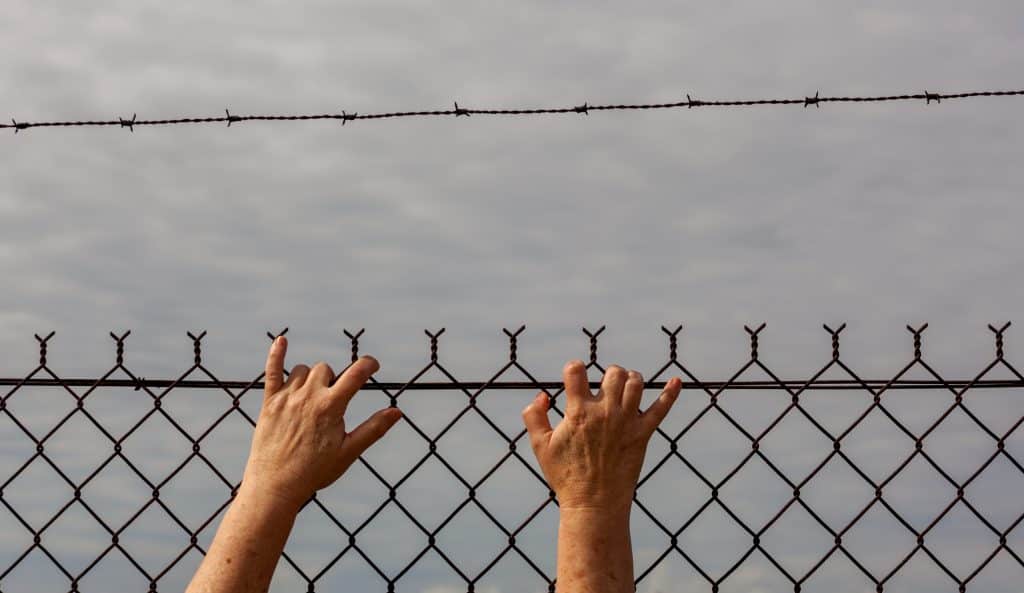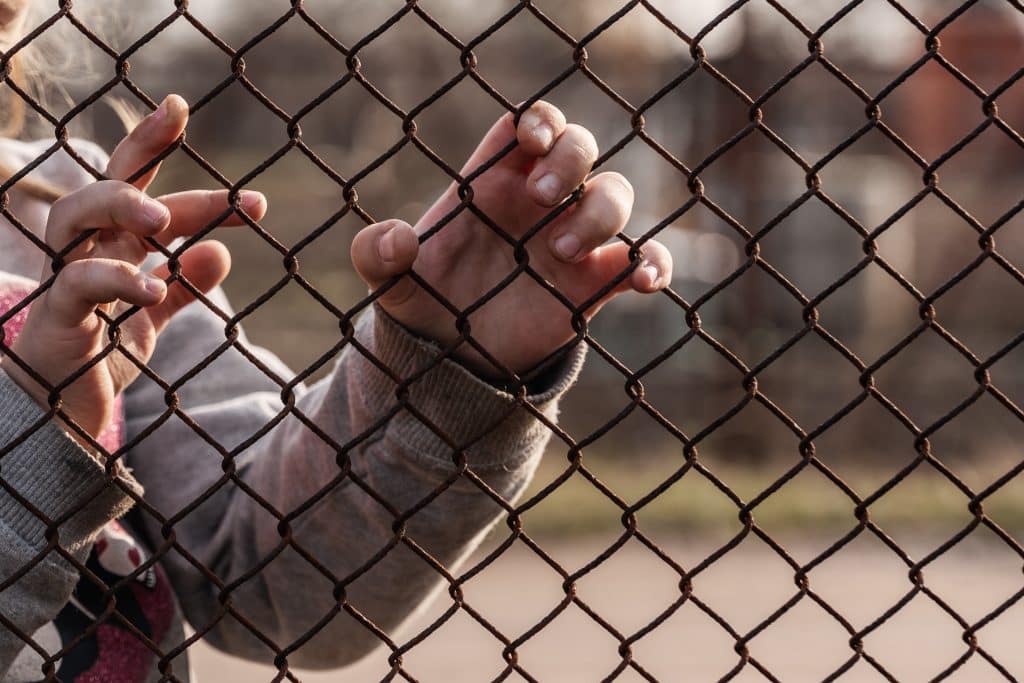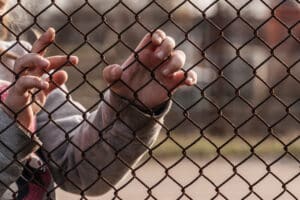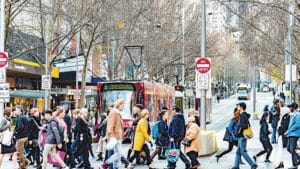
Jenan Taylor
29 August 2023
Update
Children who are imprisoned in adult facilities are likely to become career criminals and experience repeated incarceration, an Indigenous Anglican leader says.
National Aboriginal Bishop Chris McLeod holds deep concerns about Queensland’s new laws aimed at allowing children to be detained in adult facilities.
Queensland Police Minister Mark Ryan put forward changes which required the state to suspend its Human Rights Act last Wednesday.
Bishop McLeod said the suspension of human rights protections for that purpose was deeply troubling.
He questioned the wisdom of a nation that imprisoned its children in adult facilities, saying that was where criminals were shaped.
“They are physically, sexually, emotionally, psychologically, and spiritually violent environments. Prisoners learn to cope in these environments by conforming to the culture within them. It is an adage that in gaol prisoners learn to be better criminals,” he said.
Bishop McLeod said close to 60 per cent of children were returned to prison within two years of being released.
Read more: Synod votes to not vote on ‘Being the Body of Christ’
Many, if not most of those recidivists would be First Peoples children, he said.
The bishop said he planned to press federal, state and territory attorneys general to encourage Queensland to reverse its decision to suspend human rights protections for juveniles.
Bishop McLeod led a similar campaign after raising a motion at last year’s General Synod for governments to increase the age of criminal responsibility from 10 to 14 years.
He said Queensland’s suspension of its Human Rights Act was enough to show how wrong it was, and that it was a move that ought to trouble all Australians.
The state spent $14 million imprisoning young children in 2020-21, but it was money that had been poorly spent if the state had run out of room to incarcerate them, Bishop McLeod said.
The bishop said being seen to be tough on crime was a primary motivator for many governments and was popular with voters.
But there was no evidence that incarceration prevented it, he said.
Read more: Christian bus service aims to free at-risk students from hardship
Most child offenders came from disadvantaged backgrounds where there was violence, substance abuse, inadequate parenting and poor school attendance, and it was better to re-channel spending into addressing those issues, Bishop McLeod said.
He said there had to be more First Peoples-led projects that directed children away from crime and supported them to cope better. Increased government and private sector spending on Justice reinvestment approaches was also needed.
But Bishop McLeod said there were other, simple Christian-led projects that brought the gospel into the lives of children and adults and helped them find a new path.
“As Christians we should never underestimate what God’s love can do,” he said.
Earlier
Christian leaders have blasted new Queensland laws that would allow children as young as 10 to be imprisoned in adult watch houses.
The amended youth justice laws required the state to override its own Human Rights Act.
Queensland Police Minister Mark Ryan put forward the changes last Wednesday during a debate on an unrelated child protection bill.
They include clarifying administrative arrangements for detaining young people in adult watch houses when youth custody centres are full, and retrospectively exempting police from potential liability for past practices where they might have held children in adult facilities without orders.
Mr Ryan told State Parliament the amendments allowed the suspension of human rights protections so that Queensland could address youth detention capacity issues.

Faith leaders fear the move is likely to have adverse effects including increasing juvenile incarceration rates.
The Anglican Church of Southern Queensland social responsibilities committee and Anglicare Southern Queensland protested the change in a letter to the state government on Friday.
Committee chair the Very Reverend Dr Peter Catt and Anglicare executive director Sue Cooke said the suspension of the Human Rights Act should only be for genuine emergencies in exceptional circumstances.
Dr Catt and Ms Cooke said the capacity issues were the direct result of new government measures to justify community safety that the Church had opposed at its June synod.
They cited synod concerns that the measures would result in increased incarceration rates of juveniles, and have a disproportionate effect on vulnerable young people, in particular Aboriginal and Torres Strait Islander children.
Read more: Prayer vigil tonight to encourage Christians to push for Indigenous justice
Widespread evidence demonstrated that such measures would not reduce the crime rate, they said.
They urged the Premier Annastacia Palaszczuk and Mr Ryan to recognise the harm the measures would have, and their inordinate repercussions on Indigenous minors in particular.
Social justice organisation Common Grace said in a Facebook post the changes were deeply troubling given mounting evidence of the harmful impacts of detention and the criminal legal process on young children.
These included worsening their disadvantage and trauma and increasing their likelihood of offending or reoffending as an adult.
Aboriginal and Torres Strait Islander justice coordinator Bianca Manning told The Melbourne Anglican the Queensland government often raised the concept of community safety to justify extreme policies, including its new law.
Read more: Stan Grant – ‘Christianity gave us a divine sense of our equality’
But Ms Manning said incarcerating children increased the likelihood they would offend, and hence made the community more unsafe.
She said if Queensland was really serious about community safety, it would invest in early interventions and try to provide alternative approaches that would support and divert young people away from the prison system.
“Any talk about community safety, also needs to include the safety of these kids, and the safety of their families and their communities,” Ms Manning said.
For more faith news, follow The Melbourne Anglican on Facebook, Twitter, or subscribe to our weekly emails.






